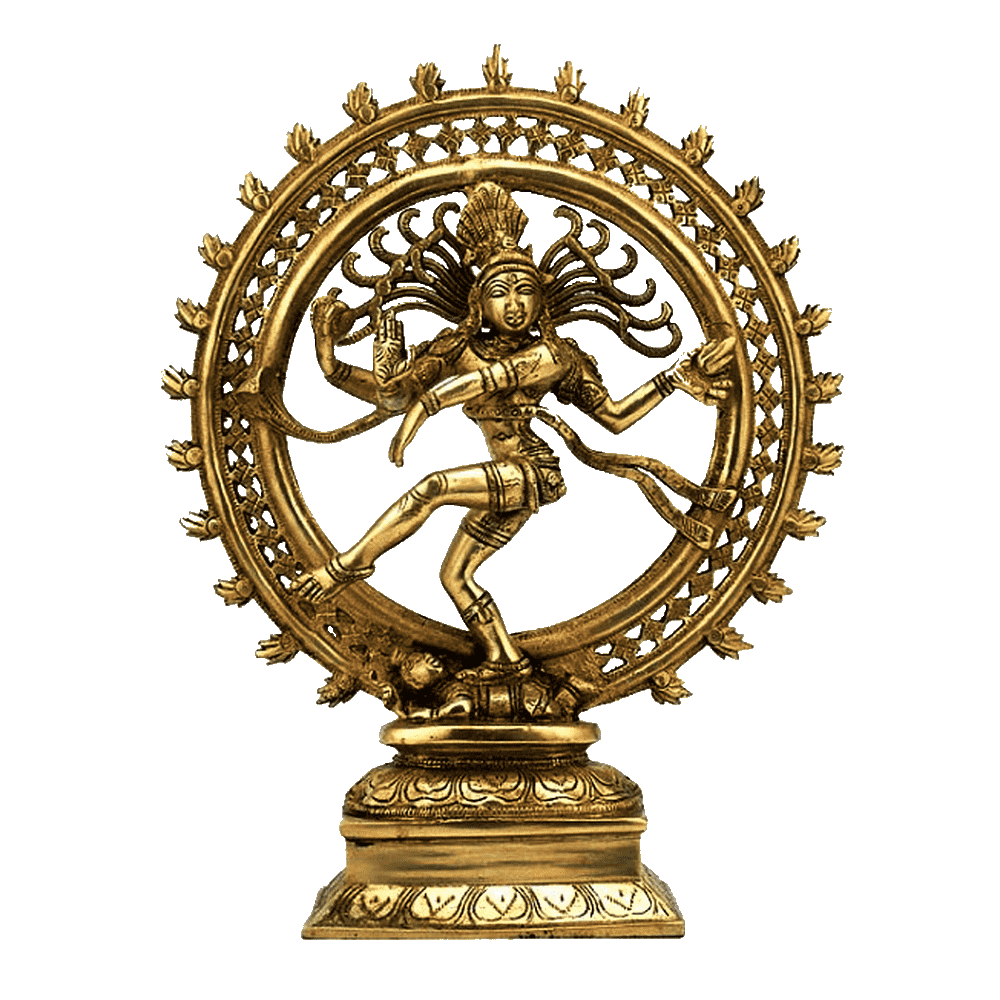
Kaula Tantras
Unraveling the Esoteric Traditions of Tantra and Household Rituals
Abstract:
Kaula Tantras represent a distinctive branch of the Tantric tradition within Hinduism, known for blending esoteric practices with household rituals. This article delves into the origins and context of Kaula Tantras, highlighting key themes and teachings found in these texts. It explores the enduring significance of Kaula Tantras in contemporary spiritual practices, offering a unique approach that integrates the sacred and mundane aspects of life.
Introduction:
Kaula Tantras offer a unique and multifaceted approach to spiritual practice, bringing together esoteric rituals and household observances within the larger framework of Tantric traditions. The term “Kaula” denotes a group or family, signifying the close-knit nature of this tradition. In this article, we explore the essence of Kaula Tantras, their origins, and their profound significance in guiding seekers towards spiritual growth while embracing the realities of everyday life.
Origins and Context:
Kaula Tantras trace their roots to ancient Tantric practices, which sought to explore the mystical aspects of spiritual evolution. Over time, certain practitioners of Tantra began integrating their esoteric practices with the daily rituals and responsibilities of household life. This integration was aimed at creating a holistic approach that allowed spiritual seekers to navigate the material world while pursuing the path of inner transformation.
The Kaula tradition gained prominence during the medieval period in India, and its practices and philosophies were passed down through Guru-disciple lineages. The emphasis on maintaining the sanctity of everyday life and transforming mundane actions into sacred rituals distinguishes Kaula Tantras from other Tantric traditions.
Key Themes and Teachings:
Kaula Tantras encompass several key themes and teachings that form the foundation of this unique path:
Ritual Integration:
Kaula Tantras emphasize the seamless integration of esoteric rituals and household observances. Daily activities, such as cooking, bathing, and sleeping, are transformed into sacred practices when performed with awareness and devotion.
Shakti Worship:
The Kaula tradition places a special focus on the worship of Shakti, the divine feminine energy that permeates the cosmos. Shakti is revered as the source of creative power and spiritual awakening.
Tantra Sadhana:
Kaula Tantras offer a comprehensive system of spiritual practices (Sadhana) that combine meditation, mantra recitation, and ritualistic worship. These practices are aimed at awakening the latent spiritual potential within the practitioner.
Enduring Significance:
The enduring significance of Kaula Tantras lies in their ability to offer seekers a path of spiritual growth that embraces the realities of everyday life. This approach has resonated with many practitioners who seek to find spirituality in the midst of their familial and societal responsibilities.
The integration of esoteric practices with household rituals in the Kaula tradition has also allowed spiritual seekers to explore the depths of spiritual awakening without completely renouncing worldly duties.
Conclusion:
Kaula Tantras offer a harmonious blend of esoteric practices and household rituals, guiding seekers towards spiritual growth and self-realization while remaining engaged in the realities of daily life. These sacred texts and practices provide a transformative journey that celebrates the sacredness of every moment and action. The enduring significance of Kaula Tantras lies in their ability to inspire seekers to find the divine in the ordinary and to integrate spirituality into every aspect of life. In a world seeking a holistic approach to spiritual evolution, the teachings of Kaula Tantras offer a profound and integrated pathway towards self-discovery and inner transformation.
Editor – Kaalchakra Team
[ Note – Before Concluding anything as a Finale, Please Go through Original Scriptures of Vaidik Literature Written in Sanskrit and Also with Meaning of That time of Language. Because English is a Limited language to Explaining the Deeper Knowledge of Vaidik Kaal. ]
